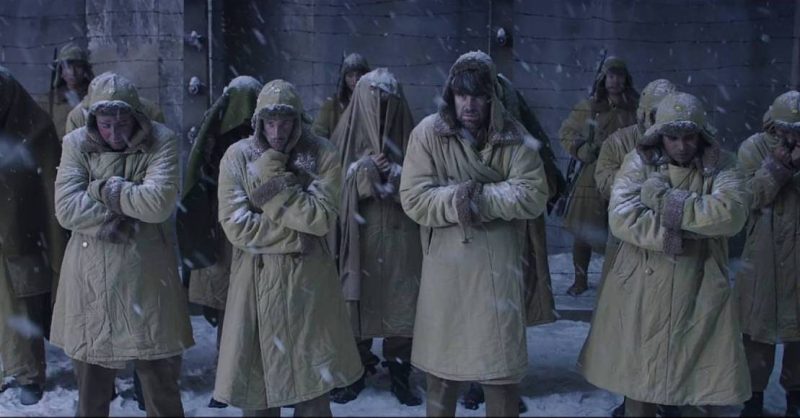The documentary film, ‘Behind Bayonets and Barbed Wire,’ gives an accurate portrayal of the atrocities inflicted upon American prisoners of war by the Japanese during World War II.
Co-directors of the Chinese-American co-production, Haofang Shen and Richard L. Anderson, present compelling testimony furnished by elderly survivors that justify the film, nevertheless.
Thousands of American soldiers, following the failed defense of the Philippines, were forced to take the notorious Bataan Death March that killed 15,000 men or more en route to a prison camp in what is now Shenyang city in China’s Manchuria occupied by the Japanese.
They were forced to work as slave laborers in plants making supplies and were subjected to ruthless physical and emotional abuse; as guinea pigs for medical experiments; lived with lice and rat infestations, and experienced bitter cold in addition to other terrors, The Hollywood Reporter reported.
About 20 or more of the one-time prisoners, most of them now in their 90s, tell their stories with surprising detail but without bitterness. Touchingly, some recall their prisoner number, which they were compelled to recite in Japanese each day of their captivity.
